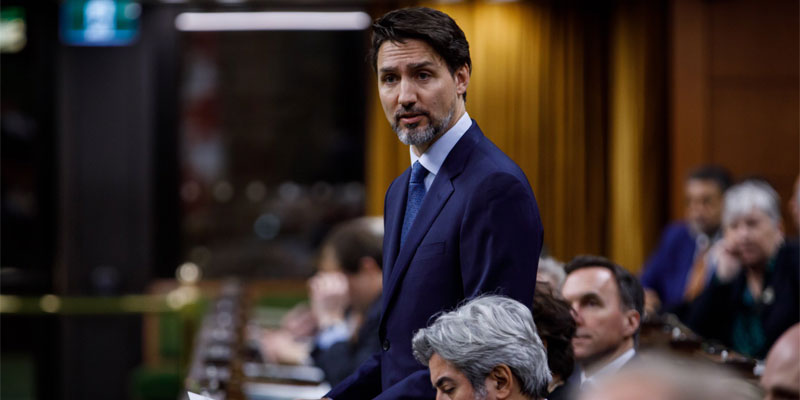Here’s what the Trudeau government won’t tell you about its $170 carbon tax

As part of its “Healthy Environment and Healthy Economy” (HEHE) plan, the Trudeau government plans to increase the federal carbon tax from its current level ($30 per tonne) to $170 per tonne over the next nine years. Not to worry, promises the government, this will have no effect on the economy. In fact, because it plans to refund most of the revenues to households, most Canadians will end up better off.
However, the government hasn’t released any specific economic analyses to support these claims. But in a new study published by the Fraser Institute, we find that the government’s claims are likely untrue. A tax increase of that size will cause the economy (i.e. GDP) to shrink by about 1.8 per cent, cause a permanent loss of nearly 185,000 jobs, and reduce real income in every province. Even with the rebates, the overall income loss will average about $1,540 per employed person annually.
Understanding the HEHE costs is much more challenging than was the case for Kyoto policies 20 years ago. Back then, the government proposed a couple of options to achieve emission reductions similar in scale to what they’re talking about now. It commissioned numerous economic analyses by independent groups inside and outside government and published the results. Those studies concluded that (on average) cutting emissions by 25 per cent would impose a permanent cost of about 2.0 per cent of GDP.
There are no similar studies from Ottawa this time. In fact, the modelling work for our study is the first publicly-available analysis of the costs of the $170 carbon tax plan. It indicates that the HEHE plan will yield about the same scale of emission reductions as the Kyoto plan and will cost about the same amount. It won’t cut emissions enough to achieve the Paris targets—if the carbon tax was raised high enough to do that, the economic costs would double. And if Canada wants to keep emissions capped as the population continues to grow, the tax must keep rising every year thereafter.
Absolute job losses will be largest in Ontario and Quebec, followed by Alberta and British Columbia. Even smaller regions get hit, with nearly 4,500 job losses expected in the Atlantic provinces. National capital utilization declines by about 1.1 per cent, implying a significant departure of investment out of the country. Production cost increases will lead to about 2.8 per cent decline in exports and about a 1.2 per cent increase in imports.
What about the plan to rebate carbon tax revenue to households? While the tax will raise revenue, the economic contraction will mean the federal and provincial governments will raise less in income and sales taxes than they would otherwise. The contractionary effects are large enough that if the federal government either spends or refunds all household carbon tax revenues, the combined federal and provincial budgets will move about $22 billion into deficit. We didn’t determine what level of government will end up in the hole, but the federal government may actually experience a net increase in revenue while the provinces end up paying the entire cost of the policy.
In decades past, when the federal government proposed major new policy initiatives such as the Canada-U.S. Free Trade Agreement, the HST or meeting Kyoto targets, it provided the public with detailed analyses of the potential impacts. Government officials didn’t pretend there wouldn’t be any costs and didn’t pretend that everyone would be magically better off. They recognized that to make an informed choice, the public needs information. That attitude has changed. Again, this time, the government has provided no analyses of the costs and risks of its HEHE plan, instead offering only benign but implausible slogans that simply don’t hold up under analysis.
In reality, this carbon tax policy will have significant negative effects on incomes and jobs across Canada, and Canadians deserve to know what they are.


